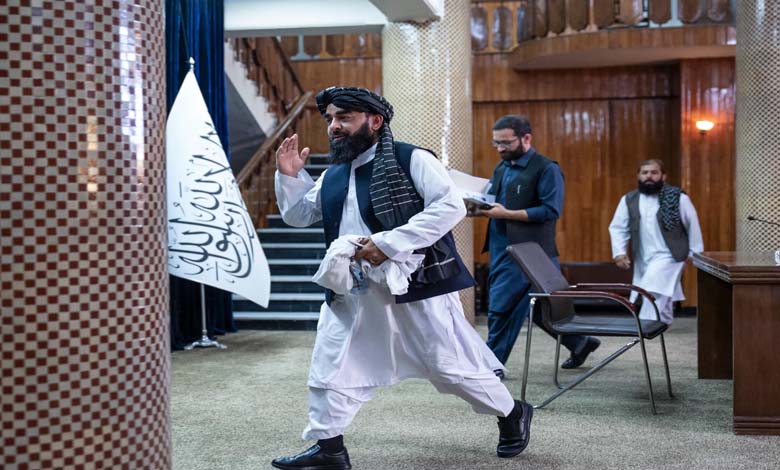Taliban Ban Images of Living Creatures in Media: What Is Their Justification?

The Afghan Taliban government began on Monday to prohibit media from publishing images of living creatures, stating that it had warned journalists in several provinces to gradually implement this measure, arguing that such images violate Islamic law.
-
Measures in the Autumn of Relations: What the Germany-Taliban Negotiations Have Produced
-
After 3 Years in Power: Taliban Declares “Women’s Faces and Voices Are a Shame”
Seyf al-Islam Khaibar, spokesperson for the Ministry of Promotion of Virtue and Prevention of Vice, said, “The law applies across Afghanistan and will be implemented gradually,” according to a report by Agence France-Presse.
This summer, the Taliban issued a law on “Promotion of Virtue and Prevention of Vice” comprising 35 articles, regulating the lives of Afghans according to the group’s strict interpretation of Islamic law imposed since their return to power in 2021.
-
What Afghanistan has reaped after 3 years of Taliban rule
-
After 3 Years in Power, Has the Taliban Achieved Diplomatic Success?
The ministry clarified that it “would not use force when applying these rules” and that “the order is merely to guide people and inform them that these matters are indeed contrary to the law and should be avoided.”
This law imposes regulations and prohibits the retention of images of living creatures, banning “content that is contrary to Islamic law and religion,” or “demeaning to Muslims.” However, many provisions of this text have not yet been strictly enforced, and the government regularly publishes personal photos on social media.
-
Russia Invites the Taliban to Participate in an Economic Forum
-
First ISIS Attack on Foreign Tourists Since the Taliban’s Return
Journalists in Kandahar reported on Monday that they had not received any statements from the ministry and that they had not yet been arrested by the morality police for pictures or videos.
Images of living creatures were banned in the country when the Taliban ruled from 1996 to 2001, but no similar law has been widely enforced since their return to power in 2021.
Upon taking office, Afghanistan had 8,400 media employees, including 1,700 women. Only 5,100 remain, including 560 women, according to journalistic sources.
-
The Muslim Brotherhood and the Taliban: What are the similarities and parallels between the two organizations?
-
Taliban Foreign Minister Criticizes Iran’s Call for an Inclusive Government in Afghanistan
Dozens of media outlets have closed, and Afghanistan has dropped from 122nd to 178th place out of 180 countries in the Reporters without Borders ranking regarding press freedom over three years.
Religious leaders within the Taliban system have adopted one of the “most stringent interpretations of Islamic law,” including capital punishment and corporal punishment, which most modern Muslim countries do not practice, according to Agence France-Presse.
-
Washington-Taliban Talks in Qatar… These Are the Key Points
-
Efforts to Break the Isolation… Representatives of the Taliban Government Conduct Unofficial Visit to Indonesia
In the interim period between the two Taliban regimes, “girls” were allowed to attend school, and “women” could find work in all sectors, even though society remained conservative.
After returning to power, the Taliban pledged to show “greater flexibility,” but they quickly reverted to their “very strict interpretation” of Islamic law that characterized their rule from 1996 to 2001.
Since assuming power, the Taliban have gradually introduced increasingly strict rules, especially severe restrictions on “women’s rights and freedoms.”












